
Best Selling author of World History in 3 Points Series & Hidden Links https://t.co/Zph0xkKOIh. Youngest historian. Making history interesting for everyone.
How to get URL link on X (Twitter) App


 However, one of the most important aspects of its success is that during a time when the world began to curtail women, Sparta held women in high positions and made sure that they held property, and contributed to the Spartan economy.
However, one of the most important aspects of its success is that during a time when the world began to curtail women, Sparta held women in high positions and made sure that they held property, and contributed to the Spartan economy. 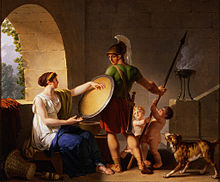

 But after achieving so much, his most excellent military strategy is something seen commonly and used by many empires throughout history.
But after achieving so much, his most excellent military strategy is something seen commonly and used by many empires throughout history. 

 Initially, this was a minor issue as the army of Genghis had packed enough to last them. But over time resources started to deplete.
Initially, this was a minor issue as the army of Genghis had packed enough to last them. But over time resources started to deplete. 

 Using just this and his vision for a world unified under his name, Genghis was able to in just 40 years from an outcast build the largest land empire. Four times the size of that of Alexander the great's and twice as big as that of Rome.
Using just this and his vision for a world unified under his name, Genghis was able to in just 40 years from an outcast build the largest land empire. Four times the size of that of Alexander the great's and twice as big as that of Rome. 



 Since then, historians have debated the causes of his death. Rumours of causes of his death include malaria, typhus, alcohol poisoning, and murder. However, in a new theory, it is believed that Alexander died due to a neurological disorder known as Guillain-Barre Syndrome (GBS).
Since then, historians have debated the causes of his death. Rumours of causes of his death include malaria, typhus, alcohol poisoning, and murder. However, in a new theory, it is believed that Alexander died due to a neurological disorder known as Guillain-Barre Syndrome (GBS). 
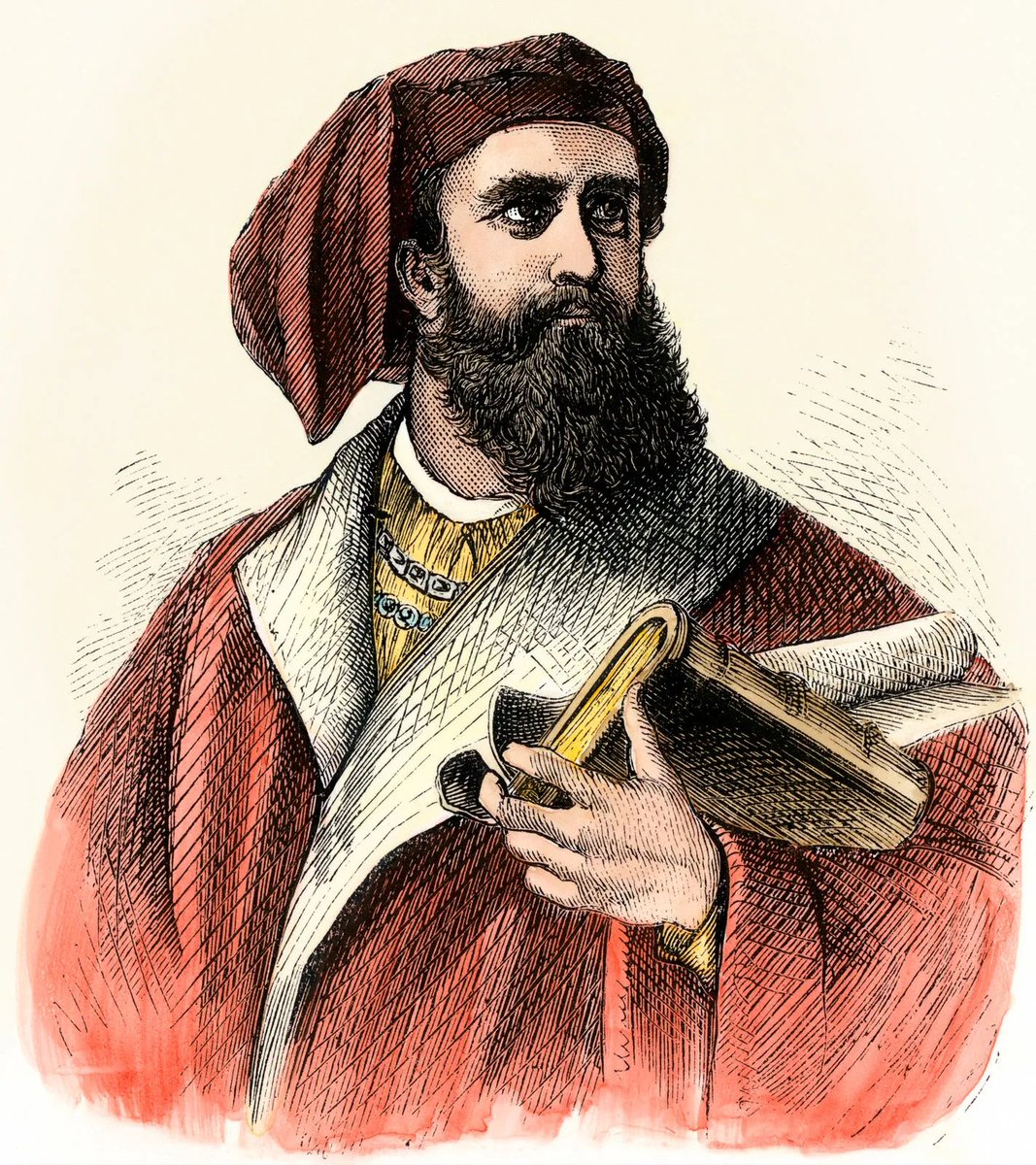
 He became the most important explorer in the court of Kublai Khan. Today, he is credited for being one of the most influential explorers of all time.
He became the most important explorer in the court of Kublai Khan. Today, he is credited for being one of the most influential explorers of all time. 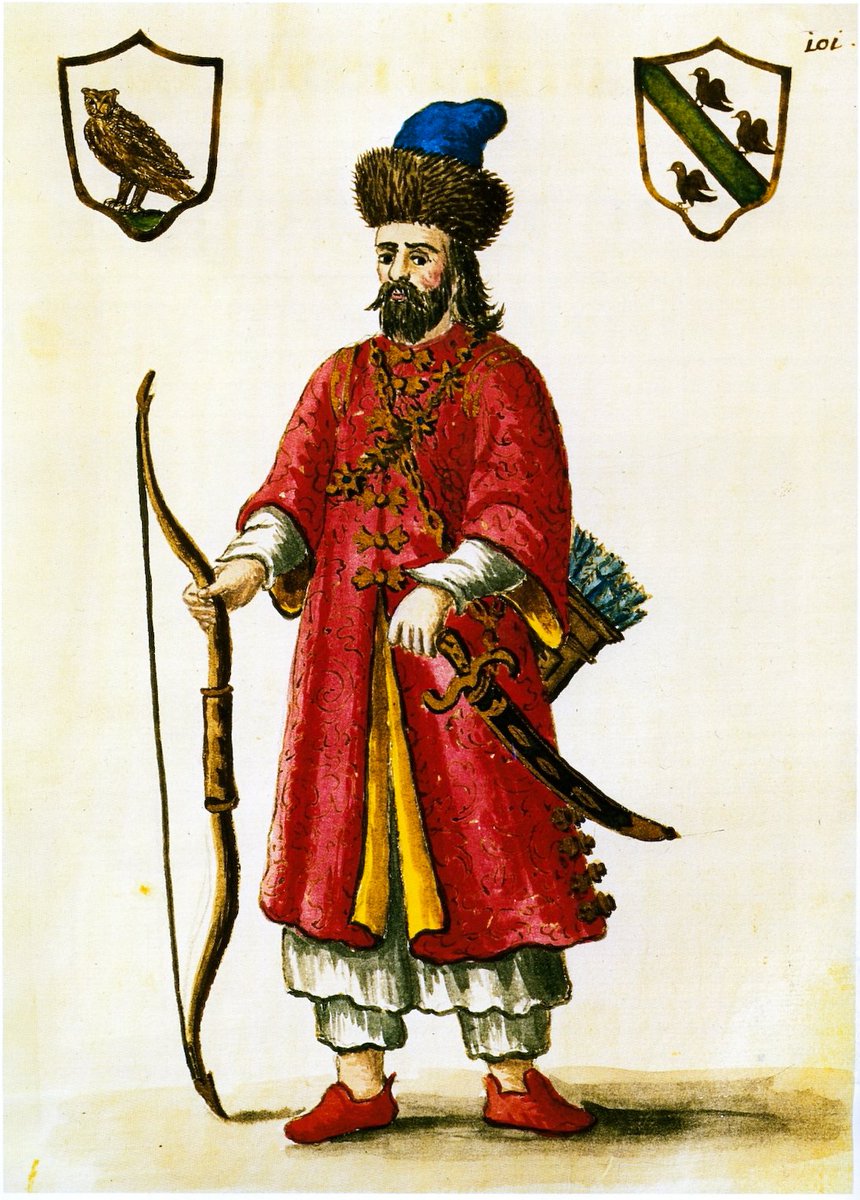

 During this time, many great Arabic scholars rose. A library known as the House of Wisdom was established to translate essential works of literature from diverse languages, including Chinese and Sanskrit, into Arabic.
During this time, many great Arabic scholars rose. A library known as the House of Wisdom was established to translate essential works of literature from diverse languages, including Chinese and Sanskrit, into Arabic. 

 But before tea evolved to become the beverage it is today, it was initially eaten as a vegetable or cooked with grain porridge. Tea shifted from being food to a drink around 1500 years ago.
But before tea evolved to become the beverage it is today, it was initially eaten as a vegetable or cooked with grain porridge. Tea shifted from being food to a drink around 1500 years ago. 


 However, in 312 ce, he gathered an army of 40,000 and marched into Rome.
However, in 312 ce, he gathered an army of 40,000 and marched into Rome. 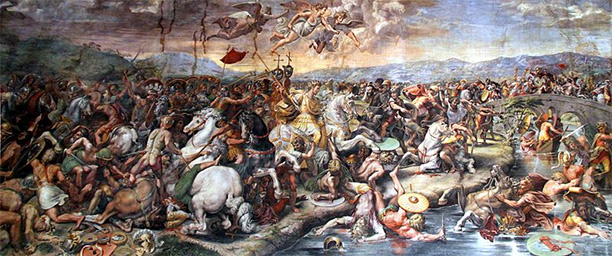

 Democracy, meaning the 'rule of the people' in Greek, stated that instead of having tyrants who inherit the title of ruler rule over the people, people who were mature enough to make a decision would vote for a ruler.
Democracy, meaning the 'rule of the people' in Greek, stated that instead of having tyrants who inherit the title of ruler rule over the people, people who were mature enough to make a decision would vote for a ruler. 

 The Kushite Empire soon started to prosper. However, the Egyptian empire claimed that the Kushite empire was a part of Egypt since it was so close to Egypt’s southern border. This resulted in multiple battles between Kush and Egypt.
The Kushite Empire soon started to prosper. However, the Egyptian empire claimed that the Kushite empire was a part of Egypt since it was so close to Egypt’s southern border. This resulted in multiple battles between Kush and Egypt. 




 During Babur Day, multiple events are conducted that are attended by celebrities, high ranking officials and students.
During Babur Day, multiple events are conducted that are attended by celebrities, high ranking officials and students. 


 When such great skill was combined with the grip of the Mongol horse saddle, the cavalry of the empire was almost undefeatable.
When such great skill was combined with the grip of the Mongol horse saddle, the cavalry of the empire was almost undefeatable. 



 After the invasion, most of the Byzantine empire citizens decided to stay put in the Ottoman Empire and convert to Islam which the Ottomans followed.
After the invasion, most of the Byzantine empire citizens decided to stay put in the Ottoman Empire and convert to Islam which the Ottomans followed. 


 Most of these depictions were made by the late daughter of Babur, Gulbadan Begum. Akbar's artists carefully made these portraits of Babur and then had Gulbadan Begum examine them.
Most of these depictions were made by the late daughter of Babur, Gulbadan Begum. Akbar's artists carefully made these portraits of Babur and then had Gulbadan Begum examine them. 

 This alliance enabled many trade relationships between Greece and Rome. As these relationships grew, the recipe of Filo Baklava invented in Greece reached Rome. In Rome, the crispy Baklava was made softer and gained a fluffy texture.
This alliance enabled many trade relationships between Greece and Rome. As these relationships grew, the recipe of Filo Baklava invented in Greece reached Rome. In Rome, the crispy Baklava was made softer and gained a fluffy texture. 

 This included jewellery, clothes and food. But one of the most important things was the medicine chest, as Egyptians believed that the most important thing in the afterlife was good health. The most famous medicine in the chest was mouldy bread!
This included jewellery, clothes and food. But one of the most important things was the medicine chest, as Egyptians believed that the most important thing in the afterlife was good health. The most famous medicine in the chest was mouldy bread! 
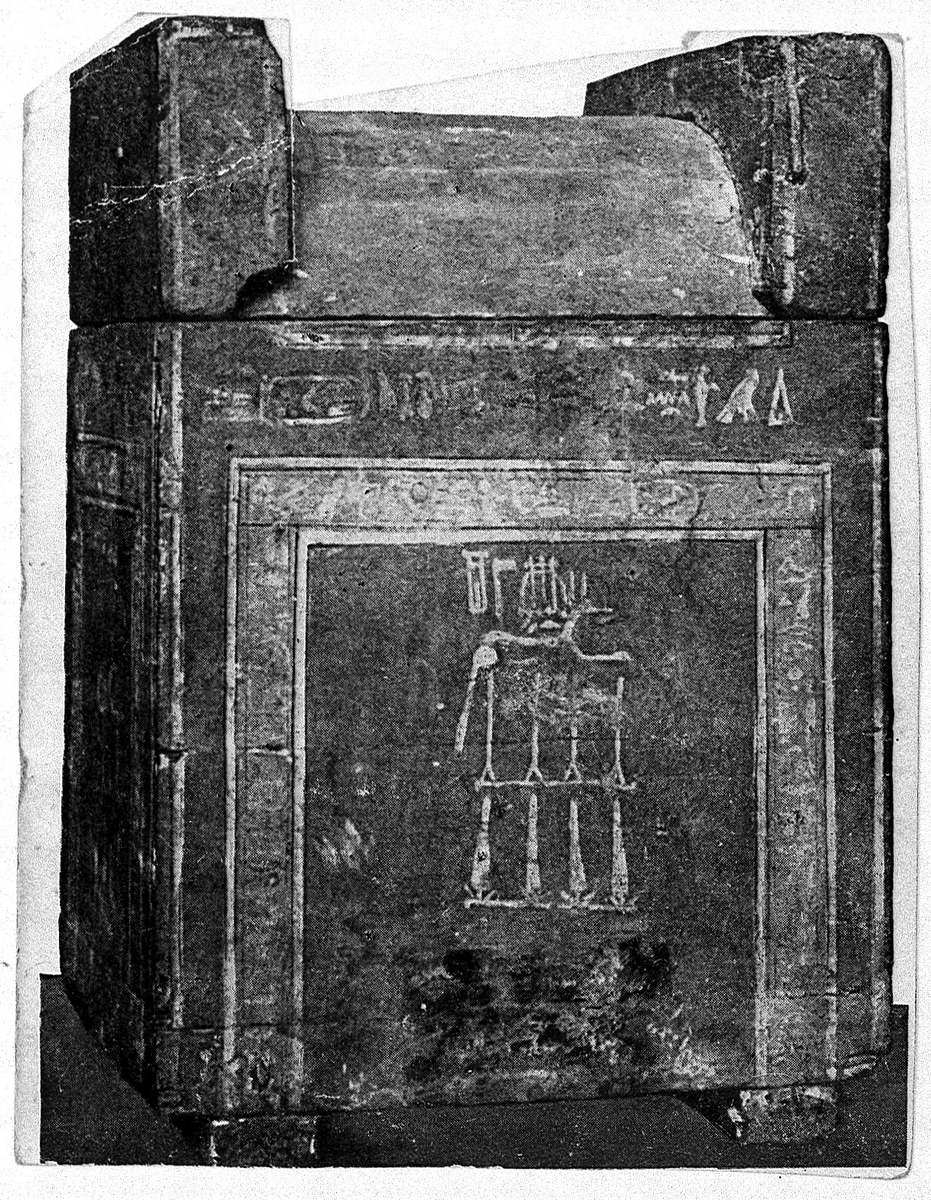
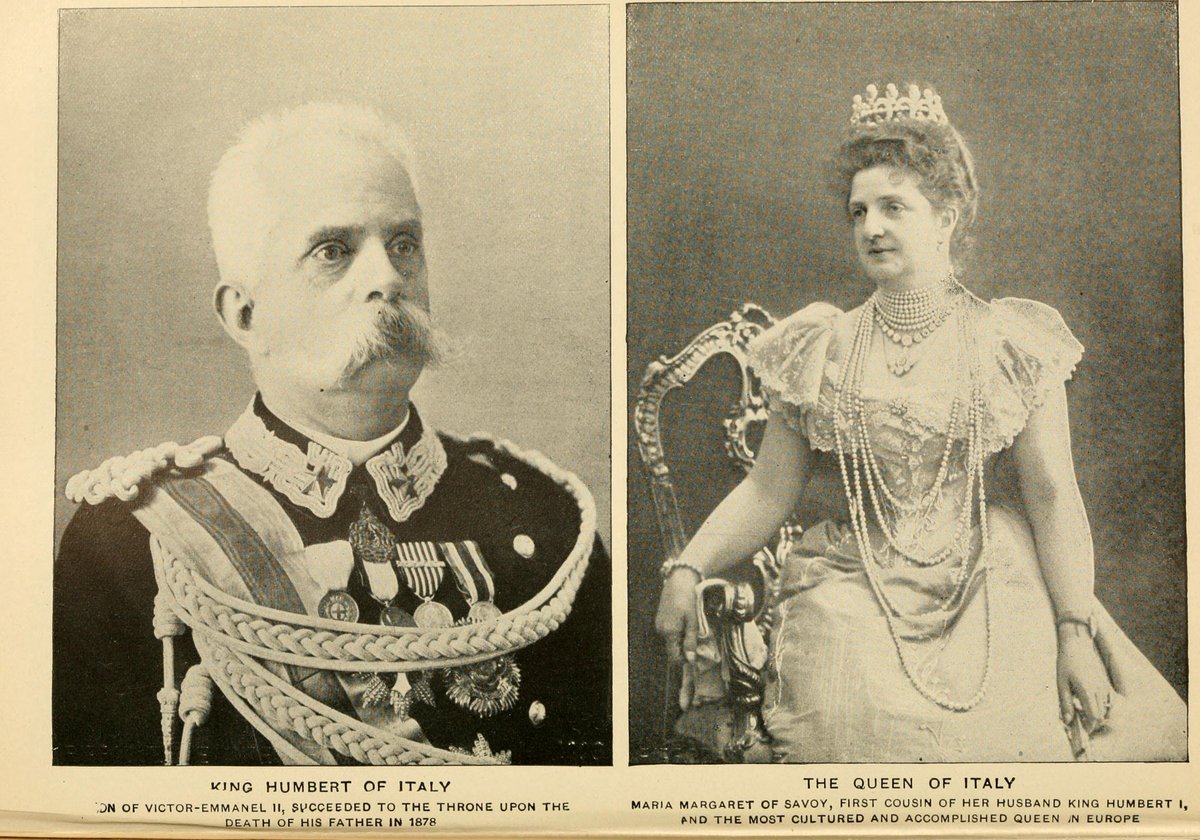
 Among the many Pizzas, the royal couple especially liked a pizza seasoned with tomato, mozzarella cheese and basil, which also represented the 3 colours on the Italian flag.
Among the many Pizzas, the royal couple especially liked a pizza seasoned with tomato, mozzarella cheese and basil, which also represented the 3 colours on the Italian flag. 
